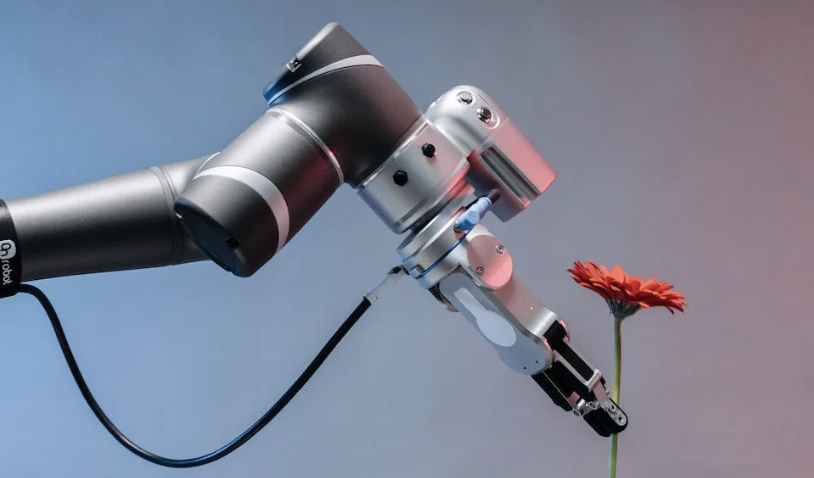|
Universal basic income (UBI) , also called guaranteed basic income, is the concept that every working person should be provided with enough income to meet basic needs. Thus far, when UBI is put in practice, only those who earn very little or no income benefit.
Regional and local governments around the world, such as Manitoba and Ontario in Canada, Utrecht in the Netherlands, Nairobi in Kenya and several villages in India have experimented with it. The United States used a negative income tax (paying people who made little or no money when they filed their taxes) for some years. The State of Alaska and Spain both have forms of guaranteed basic income. Some national governments, such as Finland and Germany are also experimenting with the concept. The COVID-19 pandemic, with the shutdown's impact on loss of income supplemented by many governments may yield opportunities to help answer some questions about guaranteed basic income, such as: what do people do when they cannot do their jobs and have a guaranteed income? Do they stop working or do they find other ways to work? If they find other ways to work, do they find paid work or do they do unpaid work? You can ask yourself these questions if you received benefits during the pandemic. AI’s job replacement rate is between 3-6 jobs.* Some researchers predict that worldwide, a massive percent of the workforce could lose their jobs in the next ten to twenty years. These predictions often give rise to a discussion about universal basic income. *Acemoglu, D., & Restrepo, P. (2019). Robots and Jobs: Evidence from US Labor Markets. Journal of Political Economy, doi:10.1086/705716 **Susskind, D. (2020). A world without work: Technology, automation, and how we should respond. New York, NY: Henry Holt and Company; Amblee, R. (2019). Who pays who?How abundance created by Artificial Intelligence would pay for universal basic income. Gloture Books How abundance created by Artificial Intelligence would pay for universal basic income. Gloture Books
2 Comments
Expectations are part of our nature. They empower you to shape your future. When you expect good things from yourself, act on those expectations and achieve them, then you have reason to feel a sense of accomplishment.
A person with unrealistic expectations for themselves can end up never feeling satisfied with any achievement, no matter how magnificent. Instead, they always feel a sense of not being enough. This may be in relation to feeling responsible for things they have no control over, such as saving the planet, reversing global warming or changing the political tides of a nation, or it may be in relation to a personal sense of unworthiness, so that no matter what they achieve, it is never enough because they feel as if they are not enough. These kinds of expectations are often established at an early age in a person's life, and it takes thoughtful reflection to understand how to set more realistic expectations for oneself. Another source of unrealistic expectations can come from life’s stages. As your life circumstances change and as you age, your capacities change. One of the skills a person who successfully ages or adapts with resiliency to changes in life's circumstances is the ability to change their expectations. Aging is one of the most obvious reasons for changing expectations. Changes in the physical body necessitate a change in expectations.. A thirty-year-old marathon runner cannot expect their seventy or eighty-year-old body to run 42.2 kilometers. However, changing their expectations may give them a similar sense of accomplishment from walking a few miles a day. Changing expectations for productivity may mean letting go of an aspiration of a career milestone and, instead, focusing on sharing knowledge through mentorship, writing and other ways of creating a legacy. As a person ages, they can change their expectations of their mental acuity by focusing on learning new things instead of worrying about memory loss (however, one should always consult a doctor when losing memory, as it may be treatable). This manner of changing expectations is not settling for less. It involves understanding and appreciating what you can do, and finding pleasure in your accomplishments based on that realistic awareness. Loss also calls for change in expectations. A natural inclination when faced with loss is to try to replace what it is you have lost. For example, a person who loses a job will have a natural inclination to seek the same or a higher position, and a person who loses a partner may seek someone who is just like their last beloved. Understanding this inclination can help you view loss in a different way. A loss of a job, a relationship, or an investment can be a time to reflect on the choices in your life, and your life's path, and see if a change in your career, orientation or preoccupations would bring you more happiness. Two generations ago, one could expect to be employed for their entire life. At least two of your grandparents probably started the first day of the job when they were less than twenty five years old and retired at sixty five or older. That would be unusual today. Few people can expect to have the same employer in five or ten years. Most people can expect to be “let go” at some point, laid off, or lose a job because of an economic downturn or advances in artificial intelligence (AI).
In the last century, technology has already eradicated many jobs: daguerreotypists, telephone switchboard operators and telegraph operators, knocker-ups (they taped on your window before alarm clocks were invented) and movie projectionists are a few. Technology has transformed every job, sometimes with great resistance. The term luddite comes from the English mill workers, who threw their shoes into the cotton gins (sometimes credited with bringing on the industrial revolution) because the new technology was replacing their jobs. Today it's not just factory workers who are seeing technology, in the form of AI, replacing or changing their jobs. It is now less common to buy a railway or airline ticket from a person than from a kiosk or online platform, pay a toll to a toll booth operator than a machine, and get customer service from a live person rather than a bot. A few generations from now, people will probably have to look up what toll booth operator means the same way we do for daguerreotypists today. AI is replacing manufacturing jobs in every industry: the auto, electronic, chemical, pharmaceutical and metals industries, retail and business to business, restaurant and transportation industries, as well as highly skilled jobs in the business, science, medicine, law* and psychology**. Eventually, AI will likely be a large part of every job, just as digital technology is today, or, as feared by some, In the current economic paradigm, AI may altogether replace humans in the workforce.*** Unemployment causes unhappiness and can leave a person with feelings of anxiety, dejection and depression for many years, even after they find a new employment.**** If AI causes unemployment on a massive scale, humans who rely upon jobs for support will need a new economic paradigm.. One way to prepare for unemployment in your own life is to change your perspective of what work is. *Acemoglu, D., & Restrepo, P. (2019). Robots and Jobs: Evidence from US Labor Markets. Journal of Political Economy, doi:10.1086/705716; Lo, Y., Woo, C. & Ng, K. (2019). The necessary roadblock for artificial general intelligence: corrigibility. Easy Chair Print, 846. Retrieved from https://wwww.easychair.org/publications/preprint_download/gRlw ** Gratzer D, Goldbloom D. Open for Business: Chatbots, E-therapies, and the Future of Psychiatry. The Canadian Journal of Psychiatry. 2019;64(7):453-455. doi:10.1177/0706743719850057 ***Harari, Y. (2016). Homo Deus. Harvill Secker. **** Clark, A., Flèche, S., Layard, R., Powdthavee, N. & Ward, G. (2018). Origins of Happiness. Princeton, NJ: Princeton University Press. |
We CarePosts written by the People of the Happiness Alliance & our Friends. Archives
March 2024
Categories |
Sign up for the Happiness Alliance Newsletter
THE HAPPINESS ALLIANCE IS A 501(c)3 NONPROFIT REGISTERED IN THE UNITED STATES
The Happiness Index is Copyright © 2014 by the Happiness Alliance



 RSS Feed
RSS Feed
